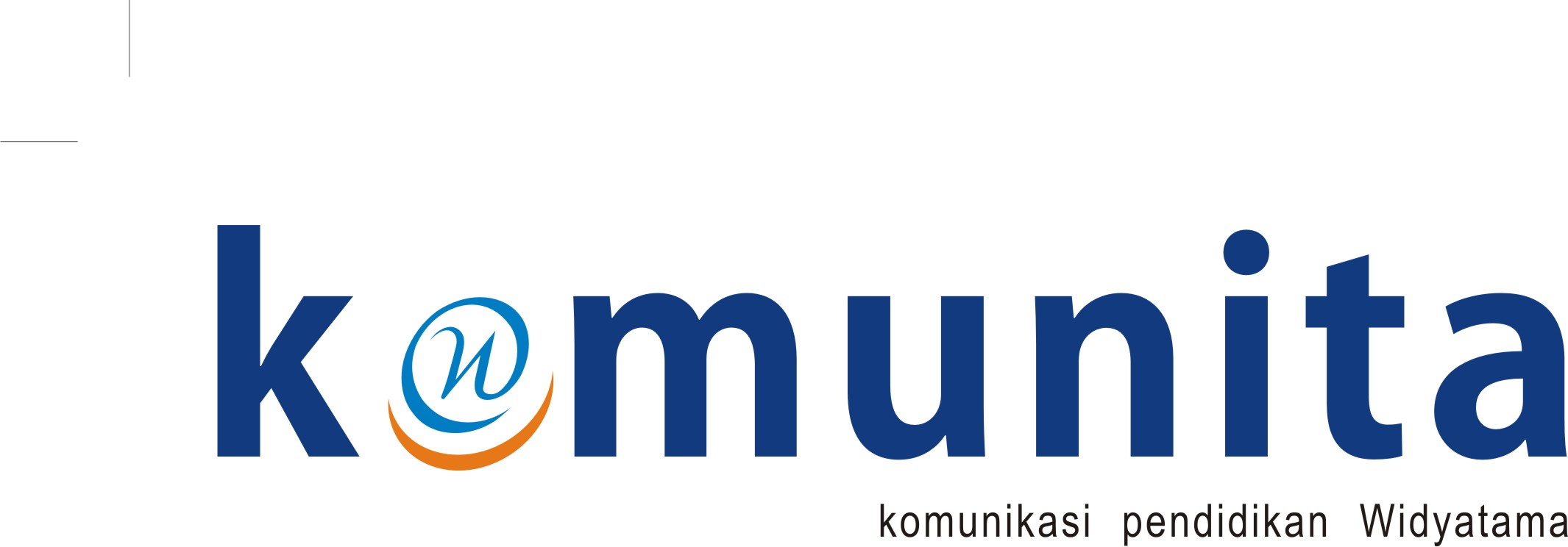Sustainable Development Goals (SDGs) are an important global framework for sustainable development and also a series of goals set by the United Nations (UN) to achieve a better and more sustainable life for everyone on the planet. Observing the SDGs as a continuation of the MDGs is a goal and ideal of humanity, so as a country that aims to improve the welfare of its people, the SDGs should be a reference. This is in line with the aim of establishing the Indonesian state and nation: “… an Indonesian state that protects the entire Indonesian nation and all of Indonesia’s blood and to promote general welfare, educate the life of the nation, and participate in implementing world order based on independence, eternal peace, and social justice” (Preamble to the 1945 Constitution). To realize the above ideals, Indonesia has a national development policy, which is essentially the development of Indonesian people as a whole so that a just and prosperous society is realized that is materially and spiritually equal based on Pancasila and the 1945 Constitution. The aim of national development in the field of education is to make the nation’s life more intelligent and improve the quality of Indonesia’s human resources. In the above context, universities, as management institutions that run higher education, cannot be separated from the national development system as the supra system. Therefore, universities as managers of higher education are not institutions that are separated from answering society’s problems.
Higher education institutions, which are educational institutions, function as: a learning forum for students and the community; an educational forum for future national leaders; a science and technology development center; a center for the study of virtue and moral strength to seek and find truth; and a center for developing national civilization is obliged to carry it out through Tridharma activities (education, research, community service) in higher education (Law Number 12 of 2012 article 58). Therefore, referring to national development and also the SDGs, it is the obligation of universities to present their ideal tasks—tridharma—that should be carried out for society according to its existence. Universities are certainly not ivory towers, but universities seem to exist within and are integrated with society to solve society’s problems.
The SDGs launched by the UN, as a world institution that cares about equitable development, include 17 goals. The Times Higher Education report assesses the contribution of higher education institutions to each of the 17 SDGs through four main activities: teaching, research, outreach, and management of higher education resources—especially campuses and their staff. In realizing the SDGs, universities are developing the next generation of skilled and sustainable society, as well as preparing our future leaders. They are making the breakthrough discoveries we need to solve the world’s greatest challenges. They transfer their knowledge and ideas from lecture halls and laboratories to society through collaboration with the government and the business world. By engaging higher education institutions, their staff, and students, governments across the G20 will find willing and strong partners in achieving these goals,” the report said. In the five years since its launch, Impact Rankings has grown in popularity as universities around the world step forward to share data, determined to demonstrate their commitment to the 2030 goals (https://www.weforum.org/agenda/2023/09/).
Indonesia, in the context of national development, launched the SDGs Road map for Indonesia towards 2030. This road map certainly requires the support and contribution of universities in accordance with their functions and roles. Indonesian higher education institutions still face challenges, namely: quality, governance, resource management, adaptation to change, and reputation. However, by collaborating, of course, this is very possible to implement.
How can the SDGs be realized? Let’s approach, understand, collaborate, and then contribute to the potential of higher education for society. This means that with the right approach, deep understanding, strong collaboration, and real contributions, universities can play a very significant role in achieving the SDGs. This will not only strengthen the position of universities but also improve societal welfare and global sustainability. Wallahualam. Hopefully.
Vivat Widyatama, Vivat Civitas Academica, Vivat Indonesia and our beloved archipelago. (@lee)
Editorial – Lili Irahali

